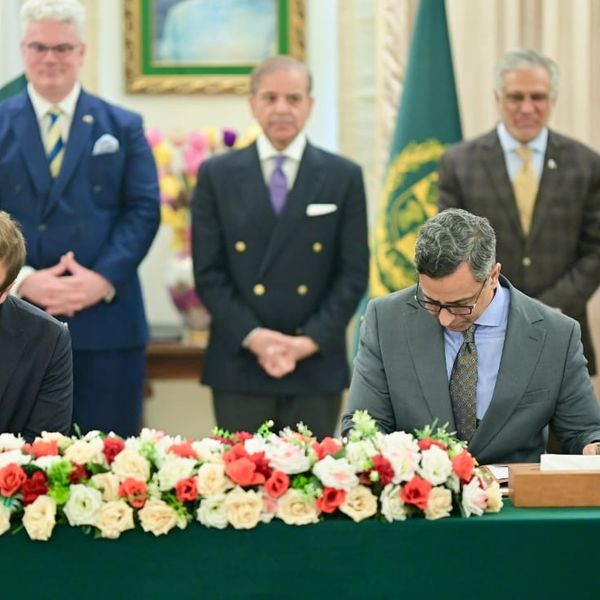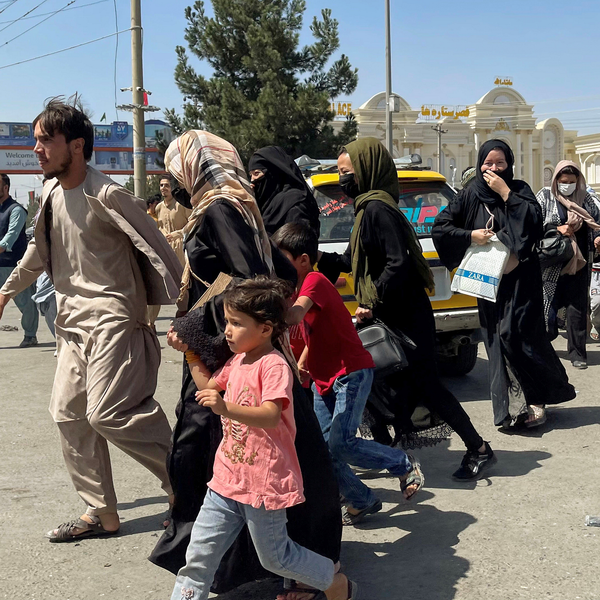Trump’s new auto tariffs threaten global industry amid trade war, Moody’s Warns
Japan, South Korea face sharpest impact as U.S. duties jump to 25%
Business Desk
The Business Desk tracks economic trends, market movements, and business developments, offering analysis of both local and global financial news.

U.S. President Donald Trump’s newly announced tariffs on foreign-made cars and auto parts will harm the global automotive industry as the trade war already dampens economic growth, according to Moody’s Analytics.
The White House said a 2.5% tariff will rise to 25% next month. The move heightened concerns over trade tensions ahead of April 2, when the U.S. government plans to unveil additional trade measures.
Within Asia-Pacific, the tariffs will most severely affect Japan and South Korea. Cars shipped to the U.S. account for 6% of Japan’s total exports and 4% of South Korea’s. Stock markets in both countries declined as auto manufacturers’ shares dropped on the news, while the yen and won weakened in early trading.
The steep tariff increase could weaken confidence, disrupt production, and reduce orders. Given the auto industry’s lengthy and complex supply chains, the effects will ripple through both economies. Preliminary estimates suggest the tariffs could reduce each country’s growth by 0.2 to 0.5 percentage points.
Carmakers are expected to boost U.S. investments to negotiate exemptions or lower tariffs. Some have already signaled such plans. On Monday, Hyundai Motor announced a $21 billion investment in U.S. manufacturing and critical materials supply chains.
Beyond direct tariffs, automakers in Northeast Asia’s advanced economies face additional risks. Japanese and South Korean manufacturers, including Toyota, Honda, Nissan, Mazda, and Kia, operate plants in Mexico and Canada. Further U.S. trade disputes with its neighbors could exacerbate the damage.
Before the auto tariff announcement, South Korea reported declining consumer confidence. The Consumer Sentiment Index fell to 93.4 in March from 95.2 in February, remaining below the neutral 100 threshold since former President Yoon Suk Yeol’s short-lived martial law declaration in early December.
While the latest figure is an improvement from December’s 88.2, it remains among the lowest in recent years. Sentiment worsened or stayed stagnant across all major sectors, with the sharpest decline in expectations for domestic economic conditions.
The looming U.S. tariffs and domestic political uncertainty—including an unresolved court decision on Yoon’s impeachment—continue to weigh on South Korean sentiment.










Comments
See what people are discussing